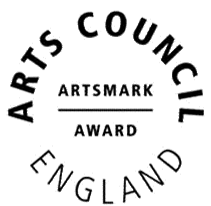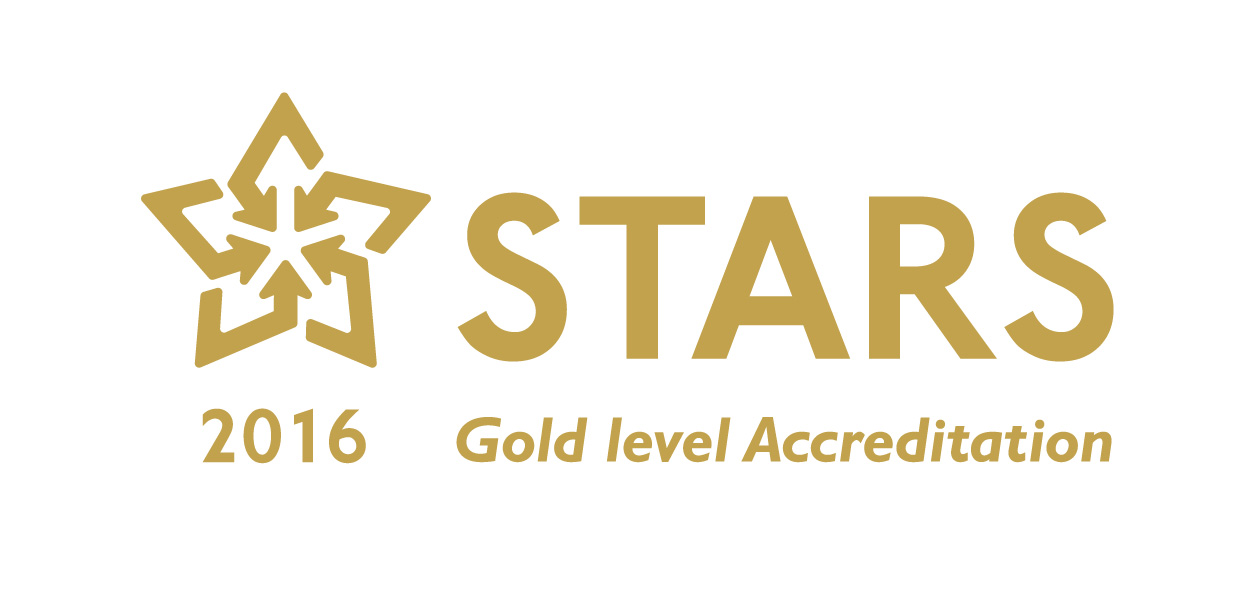Our Curriculum
Curriculum Intent
At Chadwell, our curriculum aims to provide a broad and balanced education for all pupils, whilst meeting the requirements of the National Curriculum. We have created an exciting, engaging and challenging curriculum that supports our school motto ‘Everyone a Learner’. The school has developed a cross-curricular approach by working on themes and ensuring that the key skills and knowledge are taught through exciting and stimulating activities, projects and enriching learning experiences. We support pupils’ spiritual, moral, social and cultural development through careful selection of themes and reading material. The core subjects – English, Mathematics and Science – are developed through, and in conjunction with the Foundation subjects including History, Geography, D.T, Computing, Art, Music, MFL (French) and R.E. The key skills and knowledge are incorporated into planning to enable pupils to develop knowledge, understand concepts and acquire skills, and to be able to choose and apply these in relevant situations. We aim to enable the children to transfer their learning across different subject areas and in a variety of contexts. At Chadwell, we promote a positive attitude towards learning and we promote equal access to learning, with high expectations for every pupil and appropriate levels of challenge and support. By using our learning dispositions (perseverance, creative, resilience, adaptable & reflective) in all areas of learning, pupils' at Chadwell develop independent learning skills.
The DfE have recently reinforced the need “to create and enforce a clear and rigorous expectation on all schools to promote the fundamental British values of democracy, the rule of law, individual liberty and mutual respect and tolerance of those with different faiths and beliefs.”
The Government set out its definition of British values in the 2011 Prevent strategy, and these values have been reiterated in 2014. At Chadwell, these values are reinforced in all that we do and also in the following ways:
‘Chadwell’s School Rules’ are followed by the whole school and constantly promoted by both staff and children. To represent the children, two school council members are elected from each Key Stage 2 class who then meet weekly to discuss issues raised by pupils. The school council are also involved in the decision making process for important issues such as the implementation of a packed lunch policy.
The importance of laws, whether they govern the school or the country, is constantly and consistently reinforced at Chadwell. Pupils are taught from an early age the rules of the school. There are the school rules, e-safety procedures, and playground rules. Pupils are taught the value and reasons behind rules and laws and that they govern and protect us. They are taught the responsibilities that this involves and the consequences when laws are broken. Visits from authorities such as the Police and Fire Service help reinforce this message.
At Chadwell, pupils are actively encouraged to make choices, knowing that they are in a safe and supportive environment. As a school, we educate and provide boundaries for young pupils to make informed choices through a safe environment and an empowering education. Pupils are encouraged to know, understand and exercise their rights and personal freedoms, and advised how to exercise these safely, for example through e-safety lessons. Children are taught to appreciate their liberty through work done about less fortunate people growing up in countries where human rights are violated, and through charity fundraising events.
Respect is at the heart of the school’s values. Children learn that their behaviours have an effect on their own rights and those of others. During various themed weeks, pupils are taught how important it is to respect people regardless of colour, gender, sexuality or religious beliefs. All members of the school community treat each other with respect.
Chadwell is an incredibly diverse school where over 40 languages are spoken! We actively promote diversity through our celebrations of different faiths and cultures. R.E. lessons reinforce messages of tolerance and respect for others, and this message is promoted in all areas of school life. Members of different faiths and religions are encouraged to share their knowledge to enhance learning within classes and the school. The children visit places of worship that are important to different faiths, and visitors are invited to the school to talk about their faiths.
Social, moral, spiritual and cultural teaching is at the very heart of learning, and is taught through the curriculum, assemblies, trips and visits, and most importantly through the children’s interaction with each other in every day school life.
The DfE state that through schools’ provision of SMSC, they should:
• “enable students to develop their self-knowledge, self-esteem and self-confidence;
• enable students to distinguish right from wrong and to respect the civil and criminal law of England;
• encourage students to accept responsibility for their behaviour, show initiative, and to understand how they can contribute positively to the lives of those living and working in the locality of the school and to society more widely;
• enable students to acquire a broad general knowledge of and respect for public institutions and services in England;
• further tolerance and harmony between different cultural traditions by enabling students to acquire an appreciation of and respect for their own and other cultures;
• encourage respect for other people;
• encourage respect for democracy and support for participation in the democratic processes, including respect for the basis on which law is made and applied in England.

 Chadwell
Primary School
Chadwell
Primary School





